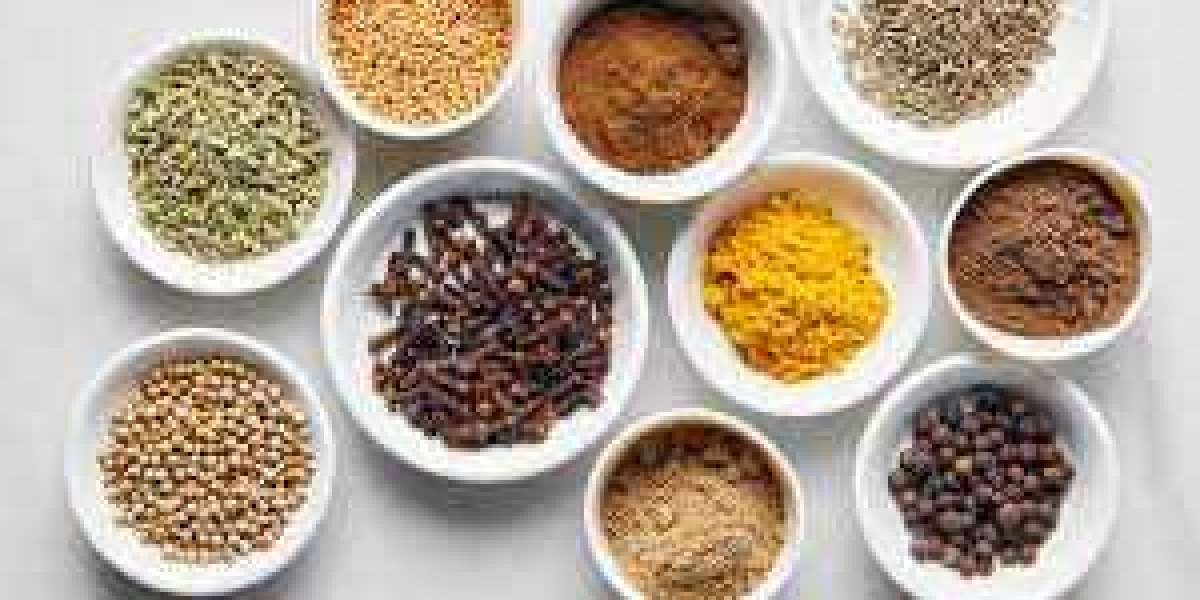Foods that are organic are entirely natural. These meals are produced in a manner that is totally reliant on nature. While some think organic food is more productive than traditionally produced food, others think it is healthier and doesn't hurt animals. Here are some statistics showing how organic food surpasses non-organic food in terms of cost, nutrition, and other factors.
Food that is organic is healthier
According to statistics, those who consistently eat solely organic food have a 62% lower risk of developing cancer than individuals who frequently eat junk food. A special compound found in broccolis called sulforaphane lowers a woman's chance of developing breast cancer. These foods lessen the likelihood that the body may suffer from conditions like Parkinson's disease, COPD, and many others. Food that is inorganic has no beneficial effects on the body. Chocolates lead to tooth decay, Coca-Cola harms the intestines, and burgers only result in weight gain. These are the most widely accepted—and hence obvious—facts about inorganic food. Dried Fennel is good for overall health.
Nitrate concentrations
Foods that are organic have comparatively lower nitrate levels than those that are inorganic. Studies using the Cadmium-Griess technique reveal that fresh organic farm foods, such as spinach and eggplant, have a nitrate content of just 0.4 mg/kg. When the nitrate content of unhealthy and inorganic food was measured at shelf-stable grocery shops, the nitrate levels shot up to 1000 mg/kg. The nitrate concentration of organic food is clearly 1067% lower than that of inorganic food. Comparing organic to non-organic versions of the identical items, the organic ones had much greater calcium, phosphate, and vitamin C concentrations. They are far less contaminated with pesticides and nitrate, although they do contain more of these minerals.
Antioxidant characteristic
The use of chemically manufactured crop protection agents and nitrogen fertilizers like potassium and superphosphate is prohibited under organic growing standards. The antioxidant concentrations in organic agriculture varied from 18 to 69 percent higher, according to the kind of antioxidants, according to the meta-analyst for the British Journal of Nutrition. Customers who shifted to organic fruit, vegetables, and cereals would get 20–40% more antioxidants, according to study. Higher amounts of some important phytoconstituents and antioxidants, such as flavonoids and carotenoids, are often found in organic foods. They protect the body's cells from reactive oxygen species, which cause oxidative pain, and promote cellular processes. If you have digestion issue then use asafoetida powder.
Durability
Good food offers a more sustainable solution since organic farming keeps dangerous chemicals out of the land.
Organic farmers have very rigorous guidelines when it comes to input consumption since they can produce food using natural fertilizers and less energy because they don't need to use oil-based fertilizers. Sustainable eating involves consuming organic food.
Eating organic food is a long-term strategy that decreases pollution of the land and water, lessens reliance on petroleum-based fertilizers and pesticides, boosts diversity, and lessens the greenhouse impact.
Is organic food financially worth it?
Again, this should go without saying. Because organic goods are directly from the fields and give farmers credit, they are more expensive than inorganic ones.
Typically, these things are not packaged in plastic. Although polythene is inexpensive, the corporation would have to pay more to offer food goods in paper-made boxes and other things, which would raise the price overall.
However, compared to organic goods, inorganic ones are significantly more affordable and readily accessible. To sell it to the globe, all the corporation needs is a plastic container and some artificial preservatives.
Do organic goods have a higher price tag? Considering the benefits that organically produced food has for the environment and the human body, the answer is definitely yes.







